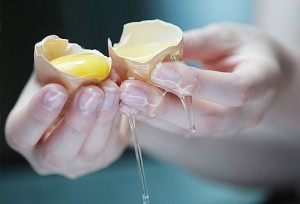I like a good food truck meal. The experience is less about eating food from a small sweaty kitchen and sitting on the ground and more about ordering something from a small menu that the chef specializes in. A couple of weeks ago I had a fantastic sautéed cauliflower and roasted potato pita from a food truck at a community event.
Before eating there I checked out whether they had an inspection grade (because there are some trucks that like to operate incognito, outside the law) and asked how they washed their hands. The chef told me that they have a handwashing sink with running water and a collection tank. I still have to trust that he actually uses it but at least he had the tools.
That’s a bit different from a food truck on the Carnegie Mellon campus. According to the Pittsburgh Post-Gazette, Tartan Express was forced to close following an inspection where they were cited lots of risky things including not having a sink.
The Allegheny County Health Department has cleared the Tartan Express food truck on the Carnegie Mellon University campus to reopen after it was closed earlier this week for multiple food safety violations, including lack of running water.
The truck, which serves Asian food, operates at 5000 Forbes Ave. “No one in the vehicle is able to wash hands when beginning new tasks, after handling money or touching the face or hair,” an inspector wrote this week.
Other violations included holding food at unsafe temperatures and inadequate sanitization.










